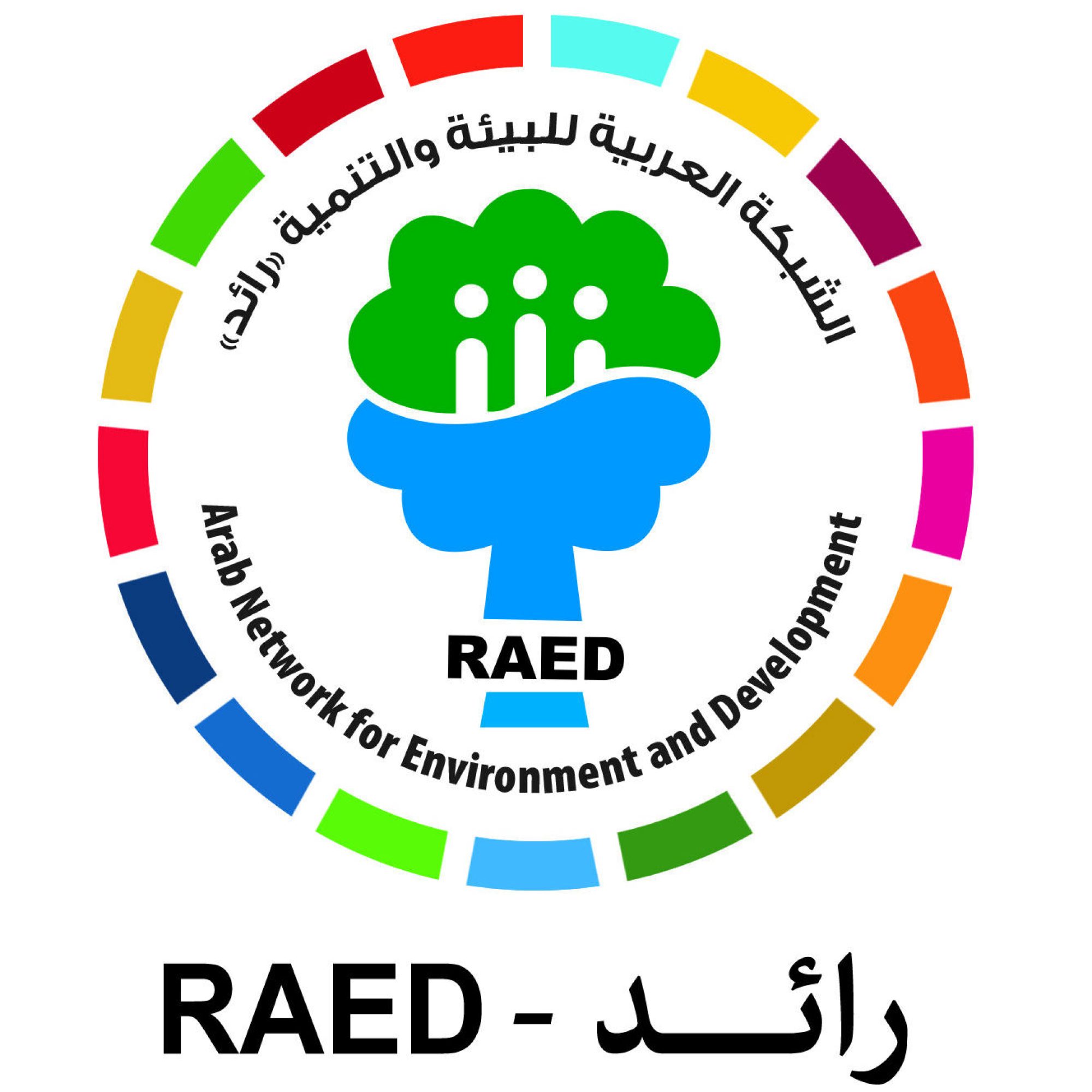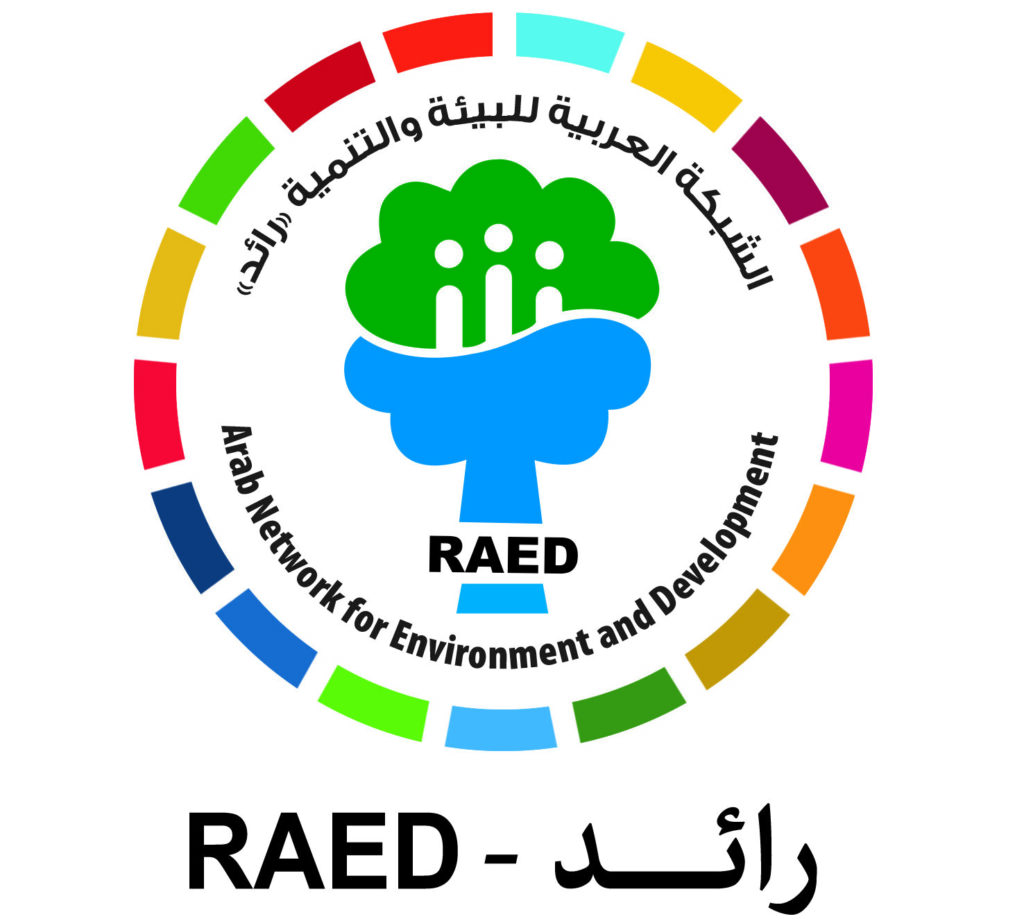RAED Network Participates in Dialogue on River Restoration Using Constructed Wetlands
As part of the activities under the project “Enhancing Community Resilience to Drought by Integrating Traditional and Local Knowledge with Smart Water Management Tools in a Socially Equitable Manner,” implemented by the Arab Network for Environment and Development (RAED) in Egypt, in collaboration with Tanta University and under the supervision of the IHE Delft Institute for Water Education in the Netherlands which is affiliated with UNESCO, RAED participated in an online dialogue session organized by the Lebanese Center for Water and Environment (LCWE). The session was titled “Restoring Rivers, Securing the Future: A Sustainable Approach with Constructed Wetlands.”
The session, which brought together numerous international stakeholders, aimed to highlight the role of constructed wetlands as an effective tool for river restoration and sustainable water management. Key topics discussed included the various types of constructed wetlands, with a focus on their design, key features and associated treatment mechanisms, along with an analysis of their advantages and disadvantages. Practical applications of these systems were also explored, featuring a detailed case study of the “Kherbit Qanafar” project in Lebanon as a successful practical model.
The session concluded with an interactive discussion among participants on the potential adoption of these technologies in sustainable environmental projects, emphasizing their role in protecting water resources and fostering sustainable development.


